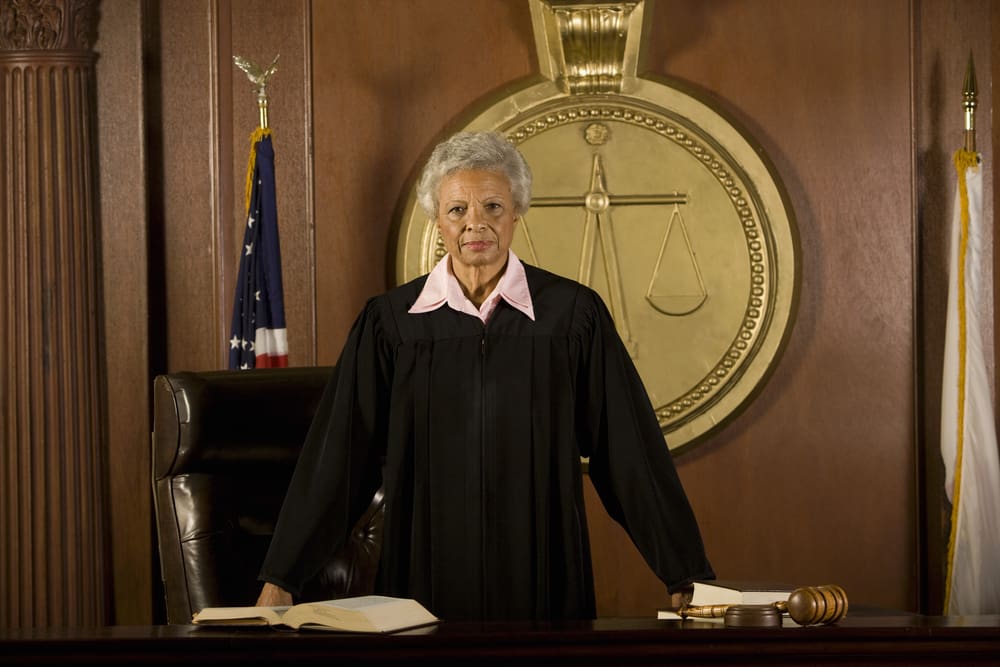In the intricate tapestry of legal proceedings, how individuals address the court and its esteemed officials carries profound implications. Amidst the myriad etiquettes and protocols governing courtroom conduct, one principle is significant: employing honor when addressing a judge. This article ventures into the pivotal realm of courtroom decorum, emphasizing the importance of maintaining a respectful tone. Understanding the gravity of this practice becomes imperative as it intertwines with the outcomes of legal proceedings. Beyond a mere formality, addressing a judge with honor sets the stage for a dynamic and equitable legal environment. As we delve into the subsequent discussion, the critical role of this seemingly simple gesture will emerge, shedding light on its influence in shaping the course of justice within the hallowed halls of the courtroom.
Understanding the Significance of Honor in Court:
The respect for the institution and the individuals who uphold it is at the core of a functioning justice system. When addressing a judge, using honorifics such as “Your Honor” is not merely a formality; it signifies acknowledgment and reverence for the authority presiding over the case. This simple gesture sets the tone for a respectful and fair legal environment.
The Gravity of Courtroom Etiquette:
Legal proceedings are inherently tense and emotionally charged. The importance of maintaining decorum must be considered in such an atmosphere. Addressing the judge with honor reflects the individual’s respect for the legal system and contributes to the overall atmosphere of professionalism in the courtroom.
Establishing Credibility and Favorable Impression:
First impressions are lasting, especially in a courtroom setting. When individuals address the judge with honor, they convey a sense of professionalism and cooperation. This can have a positive impact on how their case is perceived. Judges are more likely to view individuals who adhere to proper courtroom etiquette favorably, potentially influencing the trajectory of the proceedings.
Cultivating a Positive Dialogue:
The language used in a courtroom sets the tone for the entire legal process. Addressing the judge with honor promotes a more positive and constructive dialogue between all parties involved. It creates an environment where respectful communication focuses on legal issues rather than personal animosities.
Avoiding Contempt of Court:
Failing to use honor when addressing a judge can lead to charges of contempt of court. Contempt of court refers to deliberate disobedience or disregard of the court’s rules, orders, or authority. By using appropriate honorifics, individuals demonstrate their willingness to abide by the laws of the court, avoiding potential legal consequences.
Conclusion:
In conclusion, using honor when addressing a judge in court transcends mere tradition; it is a linchpin in upholding the pillars of a just, respectful, and efficient legal system. Far from a superficial gesture, this nuanced act is pivotal in fostering an environment where fairness and equity prevail. Its impact ripples beyond the immediate courtroom exchange, weaving into the very fabric of legal proceedings.
As individuals navigate the intricate landscape of legal matters, the importance of addressing the judge with the utmost respect cannot be overstated. Beyond its role in avoiding potential charges of contempt, this practice contributes fundamentally to maintaining a justice system rooted in principles of fairness, professionalism, and mutual respect. It serves as a testament to the understanding that the integrity of the legal process is intrinsically tied to the attitudes and behaviors of those who participate in it.
By adhering to this principle, individuals become active contributors to creating and sustaining a legal milieu where justice is not only sought but is manifestly seen to be served. The legacy of courtroom etiquette, including the use of honor, becomes a legacy of a society committed to the ideals of a fair and impartial legal system.
This story was created using AI technology.










